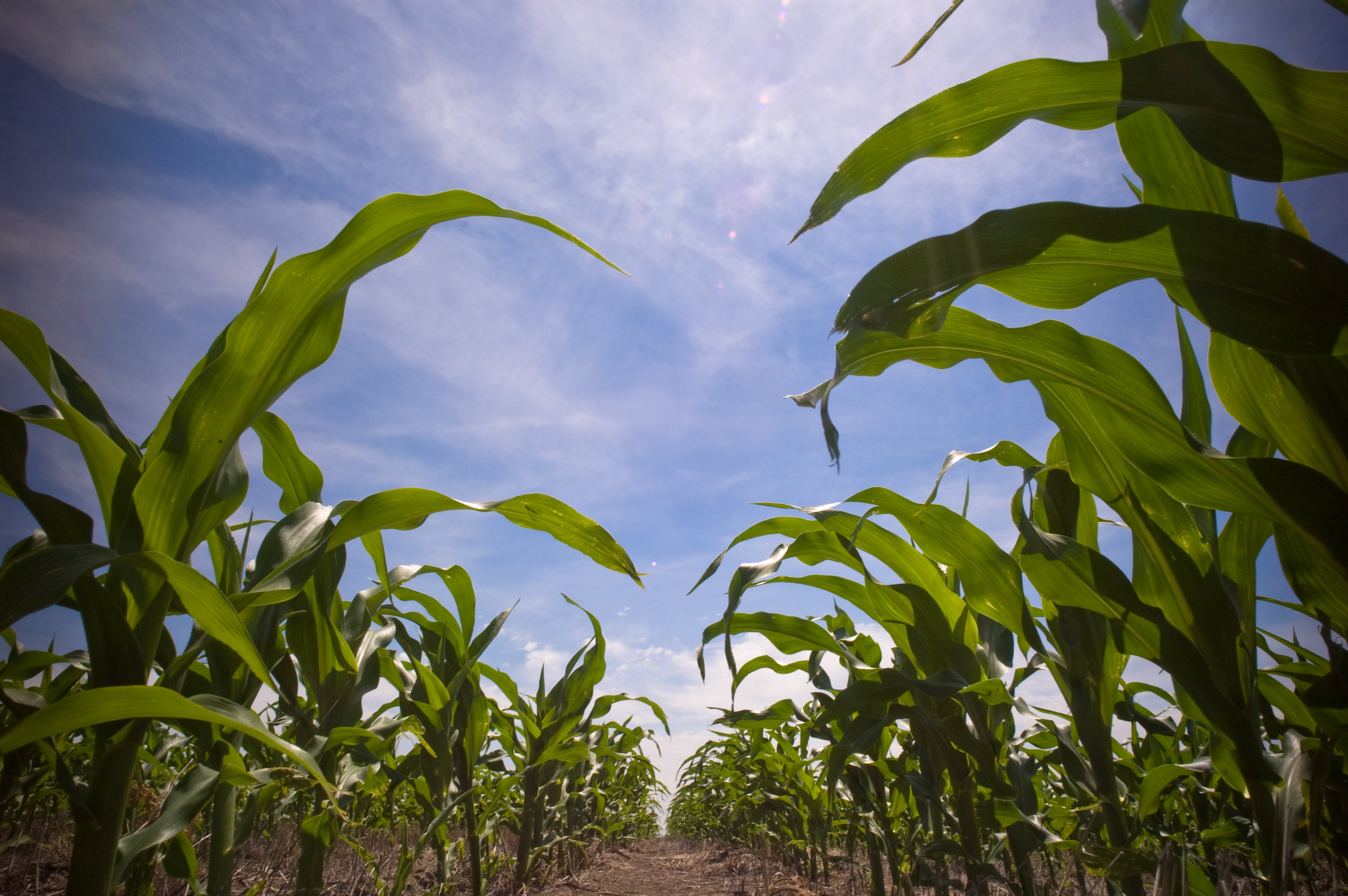The Corn Ultimatum
 This summer here in America has been hot … actually, really hot – this July was the hottest month (overall) ever recorded in the United States. Naturally, climate change activists have pounced like endangered tigers upon this shocking statistic, claiming that they have finally been vindicated and now we will all face Nature’s retribution for our greedy use of fossil fuels. However, whether or not one thinks that a singular and solely manmade shift in the global climate is responsible for the recent hot weather, a complicated issue that invokes debates on capitalism, protectionism, and national security has been (pardon the pun) plowed up once more: Corn ethanol.
This summer here in America has been hot … actually, really hot – this July was the hottest month (overall) ever recorded in the United States. Naturally, climate change activists have pounced like endangered tigers upon this shocking statistic, claiming that they have finally been vindicated and now we will all face Nature’s retribution for our greedy use of fossil fuels. However, whether or not one thinks that a singular and solely manmade shift in the global climate is responsible for the recent hot weather, a complicated issue that invokes debates on capitalism, protectionism, and national security has been (pardon the pun) plowed up once more: Corn ethanol.
According to the Energy Independence and Security Act of 2007, billions of gallons of ethanol (most commonly produced from corn), which has lower carbon emissions than gasoline when burned, must be mixed into gasoline every year. This policy (typical of the fiscally unprincipled Bush era) was instituted with the goals of negating manmade climate change and also stimulating research and development in renewable biofuels. However, the policy exemplifies perfectly the law of unintended consequences, though it is very hard to believe that some of the effects of such a clearly foolish policy could not have been predicted. While having the government mandate the fuels that are produced is a dangerous step away from free markets, the basic idea of using biofuels to steadily supplement and replace gasoline is essentially sound; using corn as the basis for said biofuels is not. Corn forms the basis for much of the nation and the world’s food supply, and the U.S. consistently produces the most corn; this year’s national planted crop of 94.329 million acres was the largest since 1944. Corn is an essential part of modern civilization’s diet, which highlights the sheer stupidity of government regulations that have led to 40 percent of the corn crop being set aside to be burned as fuel in automobiles when we already have a plentiful and non-edible car fuel called gasoline. However, it has taken the current massive drought to finally make much of the country realize what a terrible idea government-mandated corn ethanol is; the USDA predicts that, despite the increase in this year’s planted crop, the total annual yield will be 10.779 billion bushels, a 13 percent drop from the previous year. Get ready to soon spend more on a wide assortment of foods, including beef (cows eat corn too), as the consequences of this drought trickle down through the global economy. So, when environmentalists blame the imminent spike in food prices and associated negative economic effects on a supposedly Big Oil-catalyzed drought, remember that it is actually Big Government Democrats and Republicans (the congressional Republicans had not yet had their Tea Party-led return to strict fiscal conservatism in 2007) who are to blame for our corn woes.
But besides the obvious impetus this drought gives to the push to end the ethanol mandate, it also gives the country an opportunity to step back and ask ourselves if the government should even be meddling in the agricultural sector in the first place. Sure, agriculture provides a great and necessary service to our society, but the idea that the only way this niche will be filled is if the government heavily subsidizes the sector shows little faith in capitalism. Many Americans are leery of what they thoughtlessly call “capitalism” without realizing that the system that gave us the Great Recession was in fact not due to free markets but instead was the result of heavy-handed government influence in the economy that made credit and homes readily available to people who could not afford them. Agriculture is a business field just like any other and should not receive favoritism from the government. The new wave of right-wing Republicans often tout their ideological commitment to the free market, but agriculture always seems to be the “exception” that gets a sly wink and nod. These politicians should start by leading the push to keep corn on our plates and out of our gas pumps, but then they should have the intellectual bravery and consistency to stand up against agriculture subsidies.
